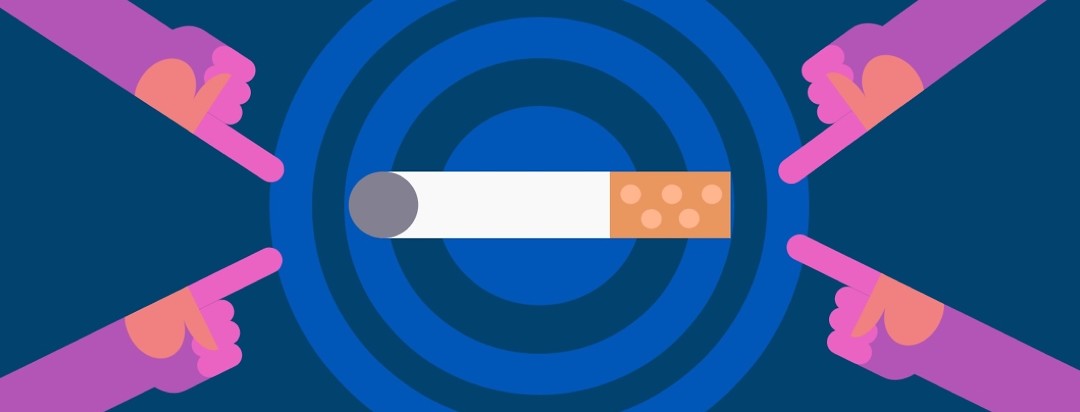Smoking and Insomnia
Insomnia is a major public health concern, with studies finding that about 33 percent of adults are experiencing at least one insomnia symptom at any given time and many are affected by moderate to severe insomnia.1
Smoking is also a significant public health concern, with a link to cancer, heart disease, insomnia, and non-insomnia sleeping disorders.2
Smoking and sleep problems
Many people experience insomnia but may not initially identify a link between their insomnia and their smoking habit until it becomes very obvious. In my practice, it becomes most obvious when they try to quit and experience cravings and withdrawal symptoms at night. But long before this point, smoking will have been a culprit in the creating of sleeping problems.
Effect of nicotine cravings
Smokers can take longer to fall asleep because of nicotine cravings, and the risk of this is dependent upon how frequently and how much someone smokes.3
These cravings do not have to be obvious to have an impact on a person's ability to get to sleep. The subtle chemical drives that create the cravings can affect alertness that is enough to interfere with sleep, even if it doesn't seem like an obvious craving for a smoke.
Smoking and lower sleep quality
Smokers are twice as likely as non-smokers to report getting poor quality and broken sleep. They are also more likely to experience leg movements and twitches during sleep and to have lower sleep quality.3
Sleep quality is affected because smoking changes the basic structure and rhythm of our sleep phases. Each night we go through different stages of sleep in a certain rhythm, and this pattern becomes fragmented and broken in people who smoke. This can cause someone to have less quality, restorative sleep. This makes the effects similar to those experienced by people with other sleeping disorders.3
Increased risks of sleep apnea
Sleep apnea is not insomnia, but it's important to mention the risk of developing apnea if you smoke.3
Smoking increases the severity and likelihood of sleep apnea. This is because of the chemicals and other irritants in the smoke, which can contribute to the swelling of the airway, lining of the nose, and throat.
Damage to the lungs may lead to other problems and decrease the levels of oxygen at night, disrupting sleep. Sleep apnea can have serious health risks, and even passive smokers are at risk of these complications, especially children who are exposed.3
Not too late to improve sleep quality
Thankfully, these changes are reversible. After quitting a nicotine habit, sleep quality slowly improves until it starts to look more like people who have never smoked.2,3
If you ever needed more reasons to quit smoking, you can add an improvement in your sleep quality and a reduction in your risk for developing apnea to your list.
Have you ever smoked and then quit? What did you notice about your sleep? Did you experience any changes? We'd love to know!
Community Poll
Have you taken our In America Survey yet?

Join the conversation